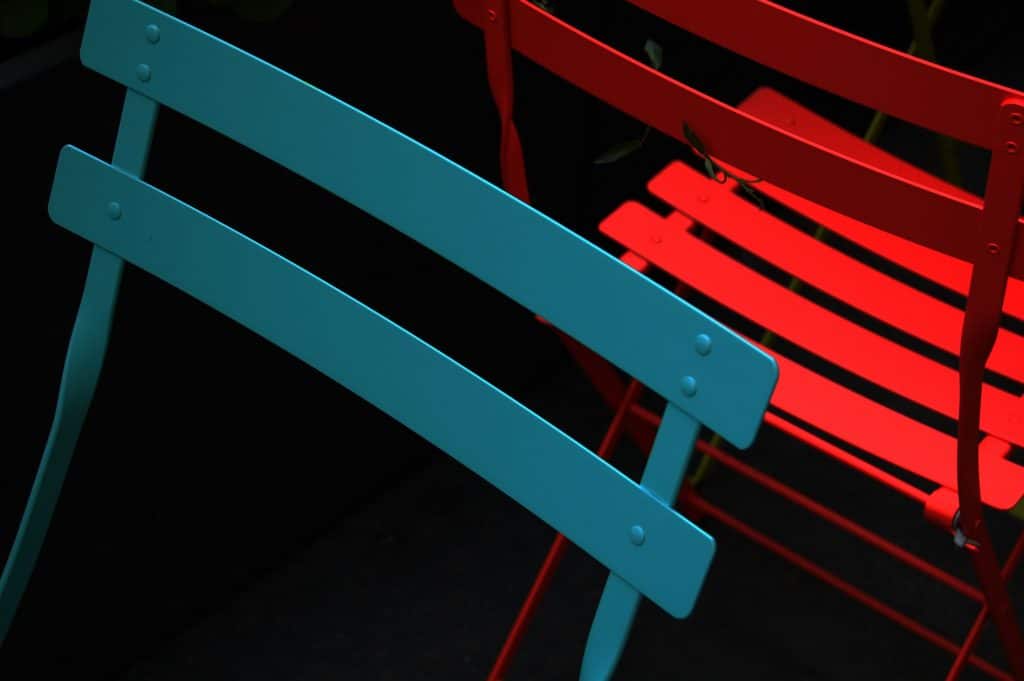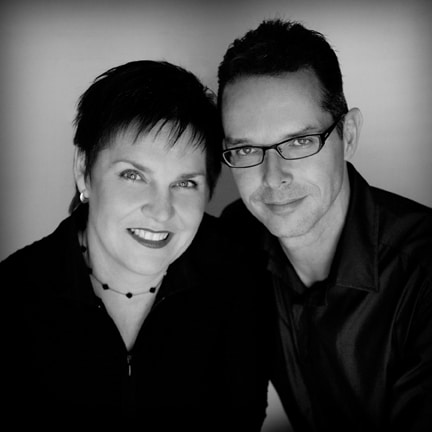
This week we had a question on our website which seems to carry on from last week’s blog.
Q: Which is better Western Reiki or Japanese Reiki?
A: Neither Western nor Japanese Reiki is better then the other.
Simply defining what is Western or Japanese Reiki is initially quite difficult. Many Reiki teachers practice styles of Japanese Reiki which have lots of Western aspects in them (see last week’s blog for example). Then there are also many Reiki teachers practising what some call Western Reiki which includes Japanese aspects. So, it can be confusing and is one of the reasons why we wrote The Reiki Sourcebook to help identify the detailed origins of the varied individual methods of working with the system of Reiki.
The Reiki Sourcebook
Our teachings, for example, of Usui Reiki Ryôhô focus on the traditional Japanese aspects of the system of Reiki as that is our sole interest. We would therefore call our style Japanese rather than Western. Yet, this does not mean that Usui Reiki Ryôhô is better than another form of Reiki – this particular style may not be for everyone.
Naturally there are a variety of aspects that can be taken into consideration when judging what makes one course better than another. This includes the actual content (for a course to be classified as the system of Reiki it must include the five elements of the system of Reiki), and the quality of the materials and support provided. These aspects, and more, are in fact controlled by the single-most important factor in a Reiki course – the teacher.
It is the teacher’s personal experience of, and spiritual and intellectual understanding of, the system of Reiki along with good people and business skills that controls the quality of a Reiki course. Most importantly, each individual will teach differently even if it is within the same branch of Reiki.
You may, for example, train in X-Reiki with teacher A and then you go on to complete a course in X-Reiki again but with teacher B. You will find the content may vary as well as the philosophy and the materials and support provided. Teacher B might have added some extra techniques into her course that are aligned with her personal experiences of life and energy work, while teacher A may have no personal experiential understanding of the teachings and limited people and business skills and so on. Each course will reflect the teacher’s abilities at a number of levels.
People are attracted to specific Reiki courses for a variety of reasons. Some enjoy a Western approach where the focus is often on hands-on healing, and others may feel more attracted to the Japanese style of the system which often has more meditation practices in it.
Students need to find the right path and teacher which suits them. In reality, there is no such thing as competition in the Reiki community.
Bronwen and Frans Stiene are the co-founders of the International House of Reiki and co-authors of The Reiki Sourcebook, The Japanese Art of Reiki, Your Reiki Treatment, The A-Z of Reiki Pocketbook and the Reiki Techniques Card Deck. Bronwen and Frans teach in the USA, Europe and Australia. Visit the Courses page to find a course near you.

